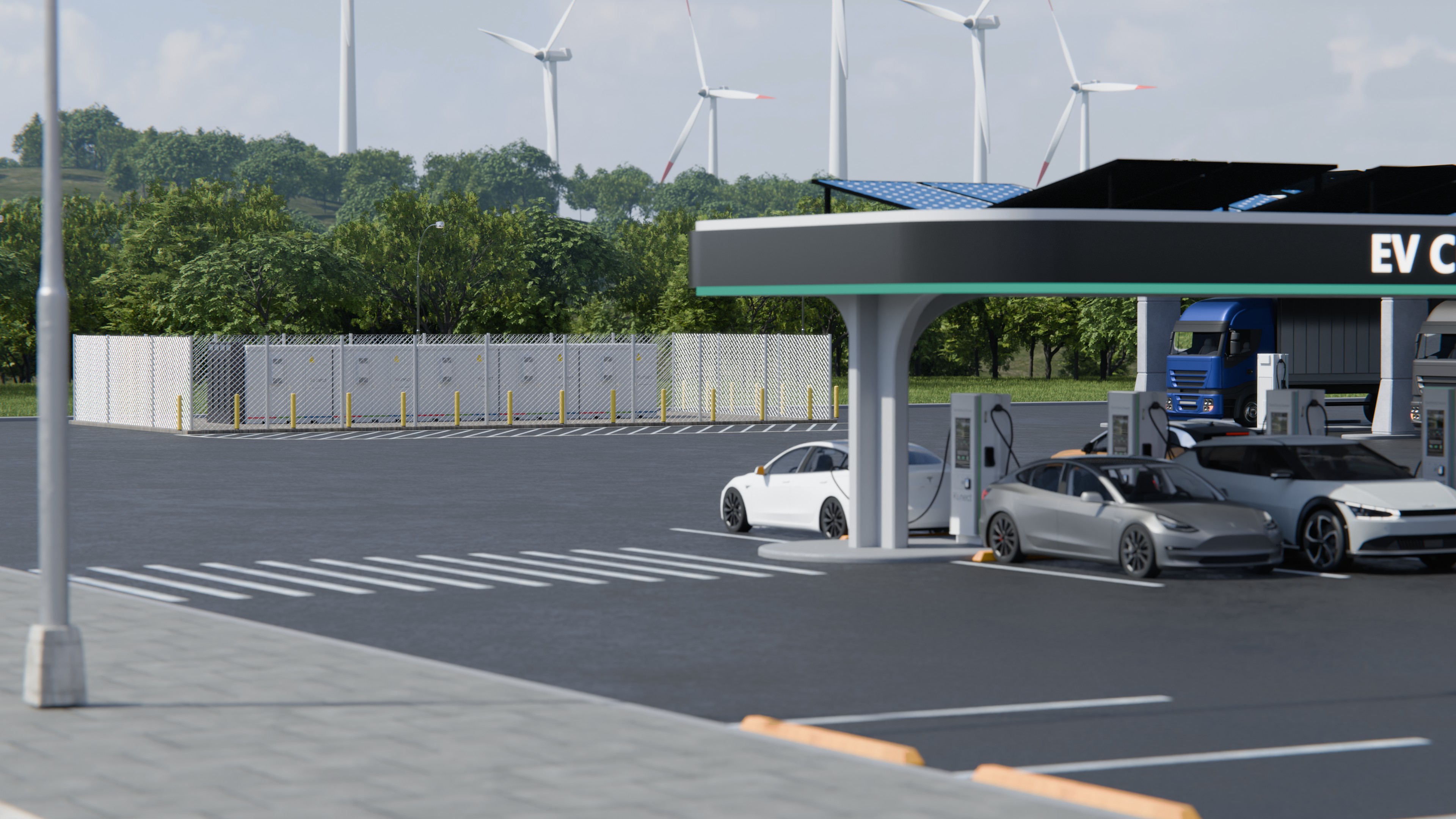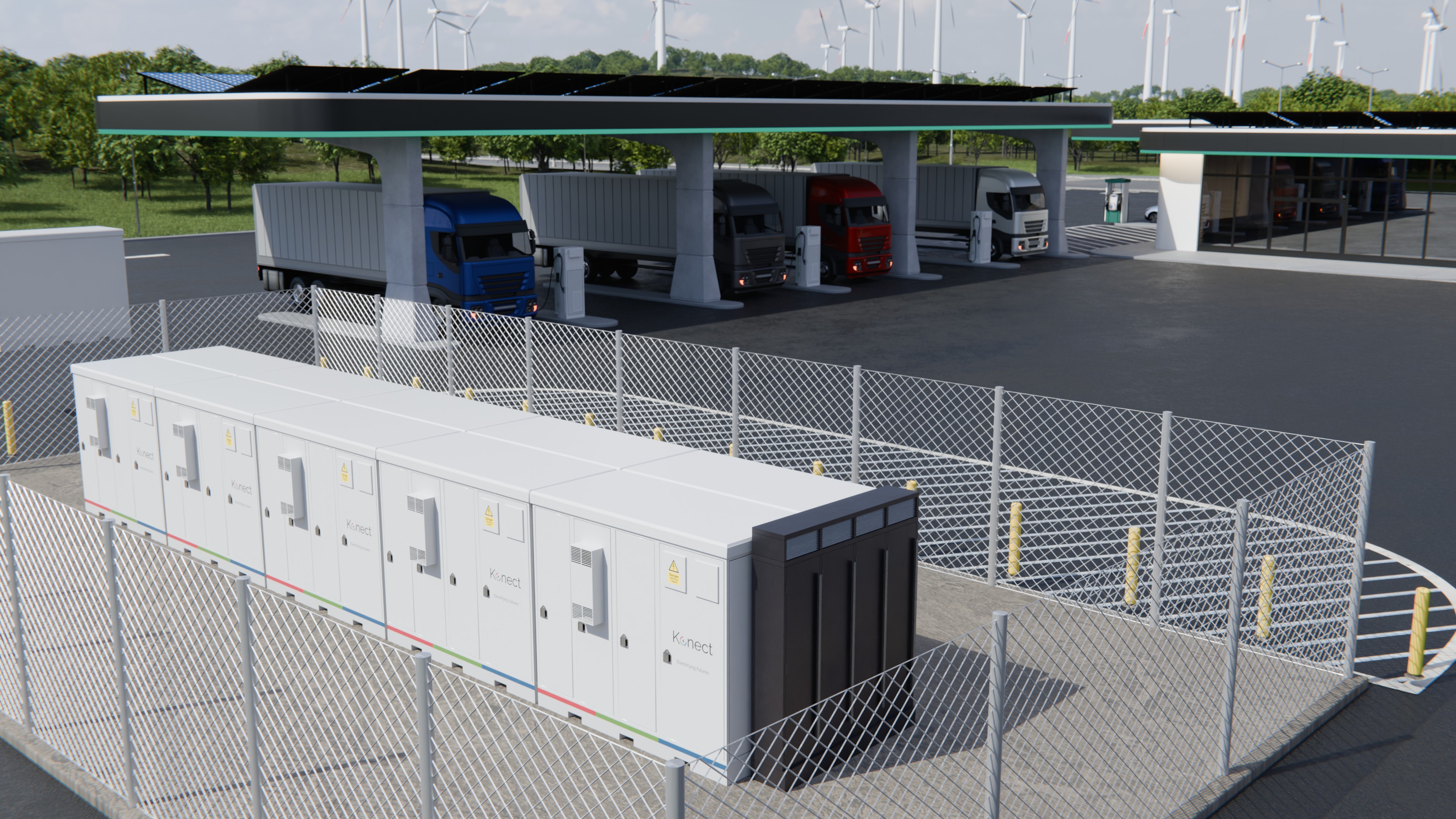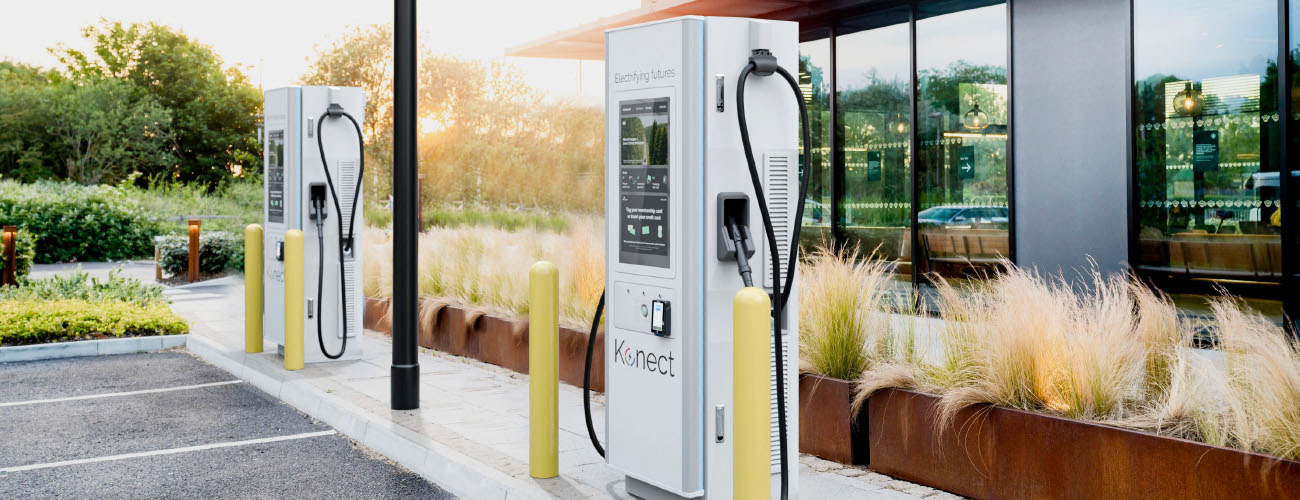
Gilbarco Veeder-Root announces turnkey EV charging business
Konect set to transform EV charging with a turnkey solution purpose-built for the forecourt
Read MoreLatest News
- Unlock smart energy management
- Navigating the EV Transition
- Gilbarco Veeder-Root Announces 2024 Circle of Excellence and Distributor of the Year Awards
- Empowering the EV Revolution: Smart Energy Solutions for Fuel Retailers
- Funding Support for EV Charging Infrastructure in the U.S.: A Comprehensive Guide

Unlock smart energy management
Unlock the potential of smart energy management for electric vehicle (EV) charging success! As the demand for EVs surges, fuel retailers must adopt advanced energy management systems to optimize operations, reduce costs, and enhance customer experience.
Learn More
Navigating the EV Transition
How smart energy management is transforming the fuel retail industry in response to the growing demand for electric vehicle (EV) charging solutions.
Learn More
Empowering the EV Revolution: Smart Energy Solutions for Fuel Retailers
Explore how fuel retailers can adapt to the electric vehicle (EV) revolution with smart energy management solutions.
Learn More
Gilbarco Veeder-Root Announces 2024 Circle of Excellence and Distributor of the Year Awards
AwardsGilbarco Veeder-Root would like to congratulate each of our 2024 Circle of Excellence Award Winners.
Learn More
Funding Support for EV Charging Infrastructure in the U.S.: A Comprehensive Guide
This comprehensive guide outlines federal and state-specific incentives to help individuals, businesses, and municipalities navigate funding opportunities for electric vehicle infrastructure.
Learn More
How funding can speed up EV charging ROI
EV Charging, EV TrendingDiscover how securing funding, such as the 30C Tax Credit and ComEd rebates, can accelerate the return on investment for EV charging stations, with potential payback periods improving by up to 45% for fuel retailers.
Learn More